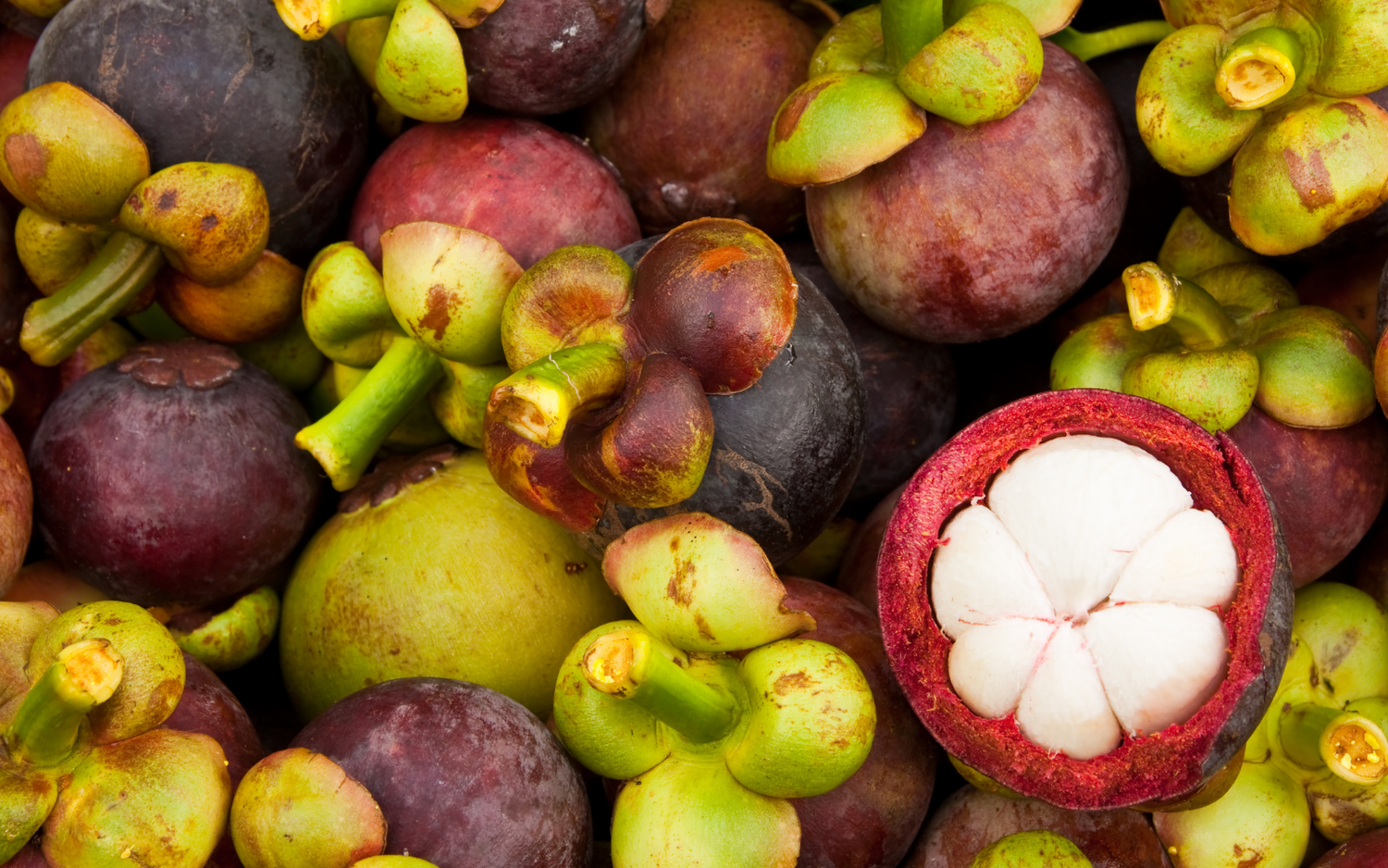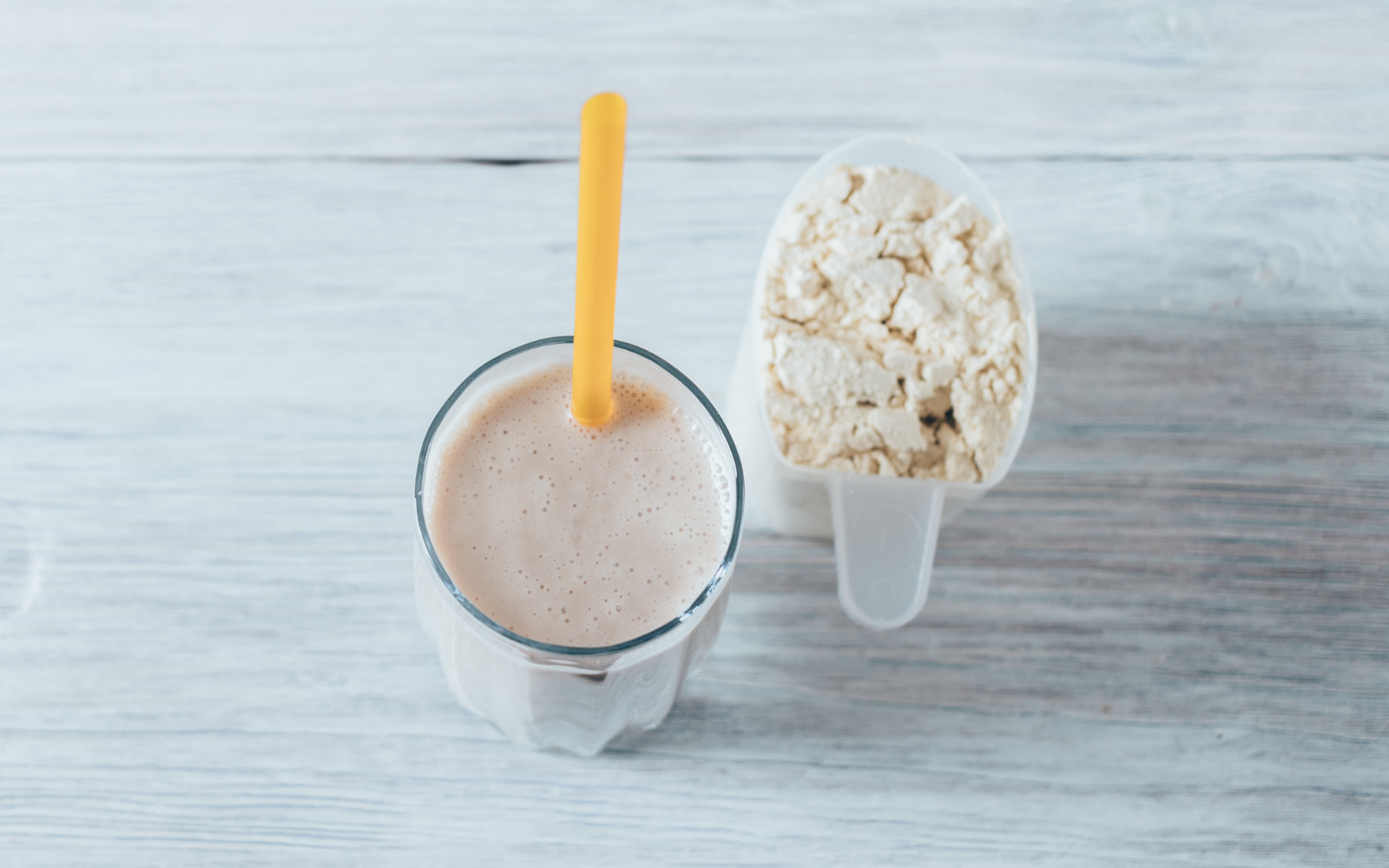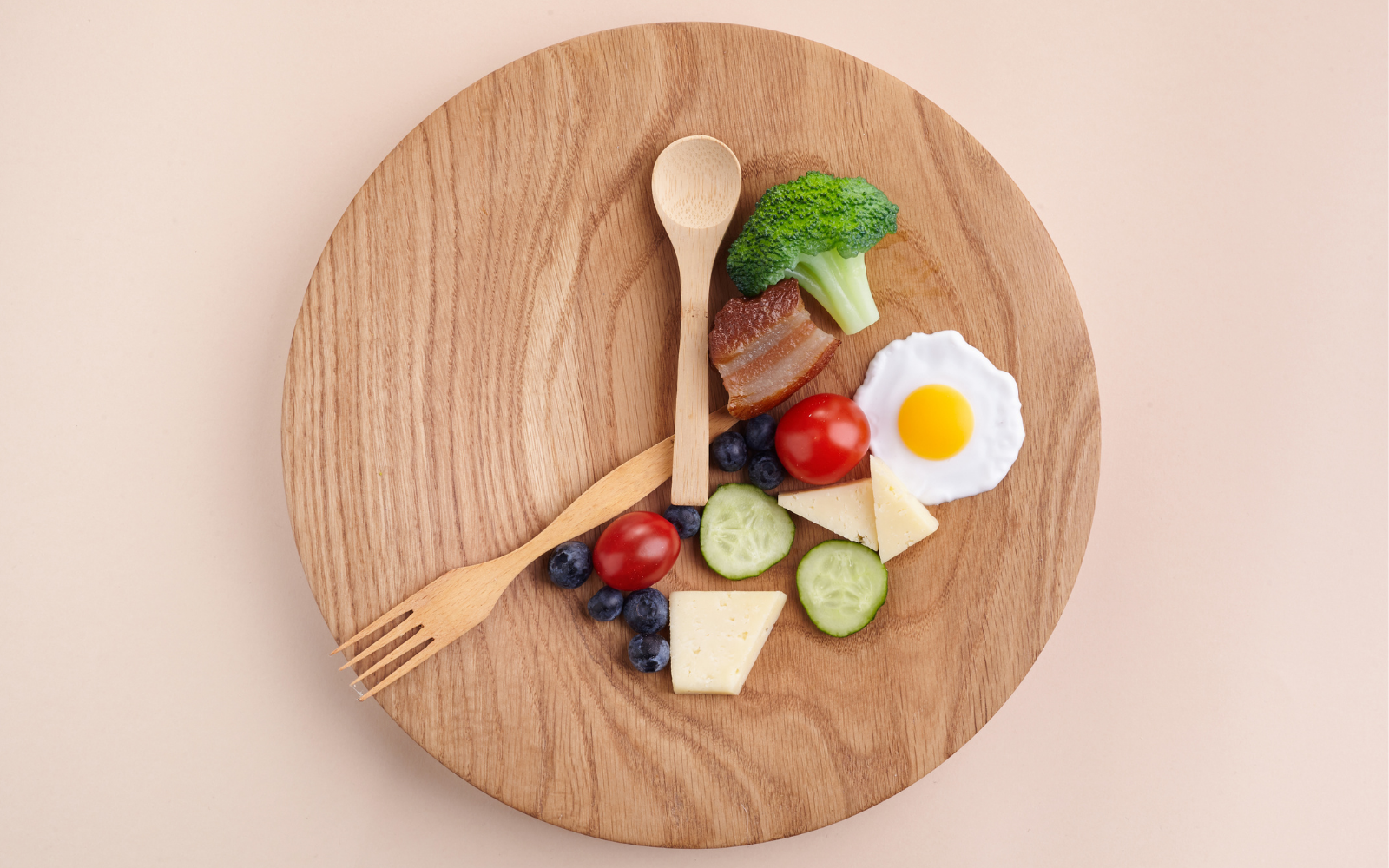You can find it everywhere in street markets, restaurants, and dinner tables across southeast Asian countries from Thailand and Vietnam to the Philippines and Indonesia, but many of us in the West are still not familiar with mangosteen fruit. Why?
One reason is that this "forbidden fruit" was once banned in the United States.
Fresh mangosteens can harbor insects and there was concern that importing them would introduce the Asian fruit fly to America.
Thankfully, the ban was lifted in 2007 and since then the exotic delicacy has become more of a familiar sight for those in North America. Join us on a journey around the world to discover more about this superfruit and how it might benefit your health in some incredibly powerful ways. (1)

What Is Mangosteen?
Although it has the word "mango" in it, mangosteen and mango have no relation other than that they're both tropical fruits native to Southeast Asia. Its scientific name is garcinia mangostana, but you can leave that designation for the scientists. More commonly known as purple mangosteen because of its dark purple and reddish skin, mangosteens grow on mangosteen trees and are about the size of a small orange with a thick, hard rind (called a pericarp) similar to that of a pomegranate. Mangosteens are also sometimes called the "queen of fruits." Legend has it that during the 19th century, Queen Victoria offered knighthood to anyone who could get her this coveted crop. Of course, there's no proof that this ever happened, but today there is growing evidence that mangosteen has some royally beneficial health properties.What Does Mangosteen Taste Like?
At once floral, sweet, and tangy, mangosteen fruit has a taste that has been described as lychees, peaches, strawberries, and pineapple rolled into one with a hint of vanilla. In other words, it's delicious! While it's difficult to fully impart the flavor of mangosteen, the best way to know what it tastes like is to try one for yourself. Unfortunately, it can still be a challenge to find one in your local grocery store, so try your nearby Asian market if possible. And make sure it's a fresh, ripe fruit to get the juiciest and most flavorful experience possible.
How To Eat Mangosteen
It's not often that you need to be told how to eat fruit, but mangosteen is one of those rare breeds that might require a little more explanation since it was forbidden to much of the world for so long. The best way to eat mangosteen is to cut the rind down the center without going all the way through (this prevents you from piercing the soft inner flesh) and eating it raw. Inside, the fleshy center looks like tangerine segments, except instead of an orange color, it's snow white. You can use a fork to pull them out or simply use your fingers. Keep in mind that mangosteens are a juicy fruit, so grab a napkin or two when eating one.Mangosteen Nutrition
While the most enjoyable way to eat a mangosteen is fresh and raw, you can find mangosteen extract in liquid, capsule, and tablet form as well as in powders and juice. There are even mangosteen products such as skin ointments and creams. According to Nutritionix, the largest verified nutrition database, (2) here's what the nutrient profile of one mangosteen fruit looks like:- Calories: 55
- Total Fat: 0.4g grams
- Cholesterol: 0mg
- Sodium: 5.3mg
- Protein: 0.3g
- Dietary Fiber: 1.4g
- Total Carbs: 14g
- Potassium: 36mg (1% of daily value)
- Vitamin A: 0.5% of daily value
- Vitamin C: 3.7% of daily value
- Calcium: 0.7% of daily value
- Iron: 1.3% of daily value
Mangosteen Health Benefits
In addition to being low in calories and having no saturated fats or cholesterol, mangosteen is high in essential nutrients and powerful antioxidants, which fight free radicals that can lead to numerous illnesses and chronic diseases. Below are some of the health benefits of mangosteen.1. Anti-Cancer
Multiple studies on mangosteen have found that it’s loaded with xanthones, which are bioactive compounds offering numerous beneficial antioxidant properties. A 2019 report validated the medicinal benefits of mangosteen (3) although it was quick to point out that more studies are needed. In 2008, researchers discovered that a specific xanthone, called alpha-Mangostin, had anti-cancer effects in rats. (4) Another study in 2012 determined that mangosteen extracts had in vitro and in vivo anti-colon cancer effects (5) while other tests on human cells demonstrated mangosteen's cancer-fighting properties against prostate cancer (6) and skin cancer. (7) What's more, a 2016 study on human breast cancer cells determined that alpha-Mangostin actually induced the termination of cancer cells and "may be used as food supplement or a potential therapeutic compound for breast cancer." (8)2. Anti-Inflammatory
Science has proven that antioxidants play a major role in reducing inflammation in the body. (9) Given the high amount of antioxidants in mangosteens, it's no surprise that this fruit has strong anti-inflammatory properties. In one study, two particular xanthones—alpha-mangostins and gamma-mangostins—exhibited anti-inflammatory activity on mice (10) while a 2013 study on human cells had similar findings. (11)3. Antibacterial
Mangosteen has strong antibacterial properties, which can help a number of conditions including acne. One study conducted in 2017 found that it not only scavenged free radicals, but it also suppressed the production of pro-inflammatory cytokines that contribute to acne. (12)4. Anti-Diabetic
For those with diabetes, mangosteen might be able to help manage blood sugar levels thanks to its oligomeric proanthocyanidin complexes (OPCs), which are naturally occurring plant metabolites. Although they are primarily known for their antioxidant activity, these compounds have also demonstrated antibacterial, antiviral, anticancer, anti-inflammatory, and anti-allergic activity, which could treat a variety of health conditions. (13)5. Boosts Immune System
Once again, thanks to its powerful antioxidants, mangosteen can be a major player in keeping a strong immune system. (14) A 30-day, double-blind, placebo-controlled trial on 59 healthy adults found that those who took a mangosteen dietary supplement had significantly enhanced immune responses and overall sense of improved health. (15)Mangosteen Juice vs Mangosteen Fruit
While eating mangosteen in its natural state is a good way to go, this superfruit can still be a challenge to find. One form that has taken off is mangosteen juice, which is readily available online and uses the whole fruit, rind and all. Is it better than simply eating fresh mangosteen fruit? According to scientific studies, the answer is quite possibly yes—as long as you're drinking "whole mangosteen" juice. (16) Most of the xanthones found in mangosteen are in the pericarp (rind), so if you're drinking juice that also includes this part of the fruit, it stands to reason that you'll be getting a stronger concentration of antioxidants. In fact, a 30-day, double-blind, placebo-controlled clinical trial found that daily consumption of a mangosteen-based drink improved antioxidant and anti-inflammatory effects in healthy adults. (17) When looking for mangosteen juice, pay attention to the label. If it's mixed with other fruit juices and preservatives, you may want to avoid it. Instead, opt for 100% organic mangosteen juice. If you choose 100% whole-fruit mangosteen juice, it will probably taste a little bitter because of the rind content. With this in mind, you might want to add mangosteen juice to a smoothie or other juice to mask any bitterness while still reaping the health benefits. Like other fruit, mangosteen has fructose (natural sugar), so consume it in moderation whether as a juice or raw.


